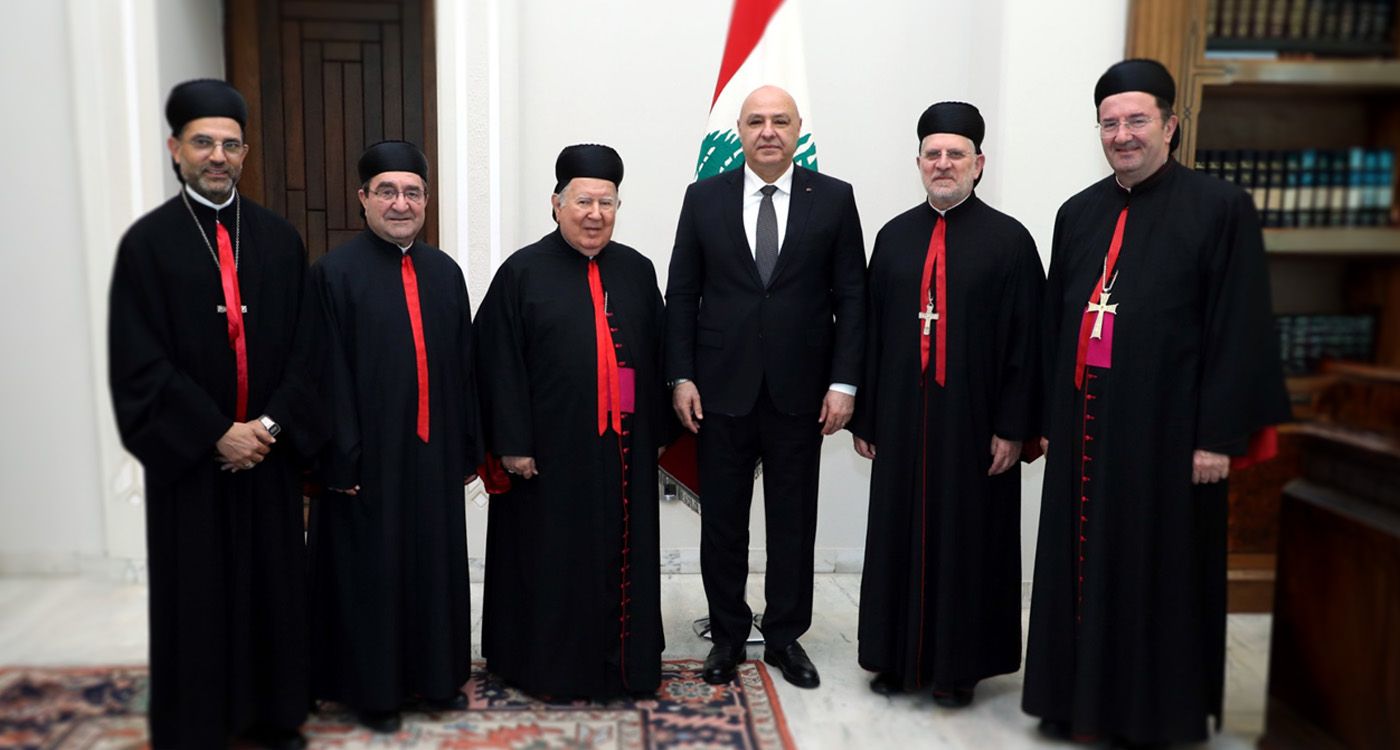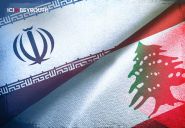
In every human being, there is a child who demands a story before falling asleep. The need for fiction is universal. But sometimes, as the title of a long-lost book once said, “Reality Surpasses Fiction.” Some true stories exceed in “unlikeliness” even the wildest inventions.
Lebanon’s history is not far from illustrating this idea. There is something staggering and even indecent about certain self-evident truths voiced over the past two weeks. It feels like a sad regression in time. Take, for instance, the claim that the unity of Lebanese people is the strongest weapon we can wield against Israel. The fear of civil war rekindling is, in itself, humiliating. Must our blood truly be so thick that, faced with what happened in Sweida, we feel compelled to solemnly proclaim the “unshakable” bonds of our national unity? Are we not already immune to this pathology? Have we not yet rationalized this fear?
At the same time, an episcopal commission for the “purification of memory,” headed by former Archbishop of Beirut, Boulos Matar, is being put together. Composed of Bishops Michel Aoun (Jbeil), Antoine Charbel Tarabay, Antoine Bou Najem (Kornet Chehwan) and Mounir Khairallah (Batroun), the group was received on Thursday, July 17, at the Presidential Palace in Baabda. Its mission is to restore trust among Lebanese political parties and to consign traumatic memories of war to the past. According to President Aoun, its timing is ideal amid regional tension. The initiative is expected to expand later to other institutional bodies, all under a National Committee sponsored by the President. The Bishop of Batroun announced that he intends to lead by example, launching in his diocese a congress bringing together political parties, municipal authorities, Church movements and civil associations.
Lebanon is thus taking a page from South Africa’s experience, a country that courageously emerged from its conflict through Truth and Reconciliation Commissions. “There is no future without forgiveness,” wrote Anglican Archbishop Desmond Tutu, one of the leading figures, alongside Nelson Mandela, in the struggle against the injustices, atrocities and barbarity of apartheid. The adaptation of Tutu’s statement to Lebanon is straightforward: Lebanon’s future depends on forgiveness.
Primacy of Experience
But what is forgiveness? It is simply the opening to a new, benevolent and trusting relationship with the others, in their difference. To clarify this, let us take a detour through literature.
“The quality of a work almost always depends on the quality of its author’s life,” asserts British poet and professor Michael Edwards, a member of the Académie française. Citing Plato, Shakespeare and Goethe, Edwards writes: “It is bracing to suppose that we will only rise, as readers, to the level of the greatest works by living better lives ourselves” (De l’émerveillement, Fayard, p.149).
Conversely, one of the most disheartening experiences for any reader is to see their favorite author copying himself, endlessly rewriting the same book due to lack of inspiration. No author is immune to this temptation. Nobel laureate T.S. Eliot humbly admitted his fear of never again reaching the level of inspiration that gave birth to his masterpiece, “The Love Song of J. Alfred Prufrock.” Critics often note how certain authors seem condemned to “writing the same book” over and over again.
The conclusion is clear: in order to write something new, one must live something new. The same holds true for nations. If there is a broken tile on the roof of our national life, we must replace it. If that tile is forgiveness, then we must forgive.
Art, or rather beauty, is one of the most fertile sources of renewal, for both individuals and nations. Every great work is born between nature and grace. “I can only write a poem if I have first received something,” confides poet Jean-Pierre Lemaire, winner of the Grand Prix de Poésie of the Académie française (1999). Otherwise, he says, “there is no point sitting down to write.”
“As long as I wanted to express myself first and entirely, I only produced opaque, pretentious poems. True poetry began for me when I gave up on that, allowing instead what was calling to me from the outside — from the world and events — to speak through my words,” he writes (Bernadette Soubirous, la plus secrète des saintes, L’Âge d’homme).
Elsewhere, Lemaire cites Reverdy, who wrote: “Poetry appears each time the author makes a revelation above himself.” And Lemaire adds: “The life of a poem plays out entirely in the thin crystal film between what has already been named and what accepts, for the first time, to be named. The experience of novelty, which regenerates us, is commonly shared, even by those who do not write poetry. The poet, it seems, is the one for whom this novelty demands a name.”
In our national life, forgiveness demands a name. It demands that we wipe away the dust that years of hatred and prejudice have left on its letters. It calls to be recreated.



Comments